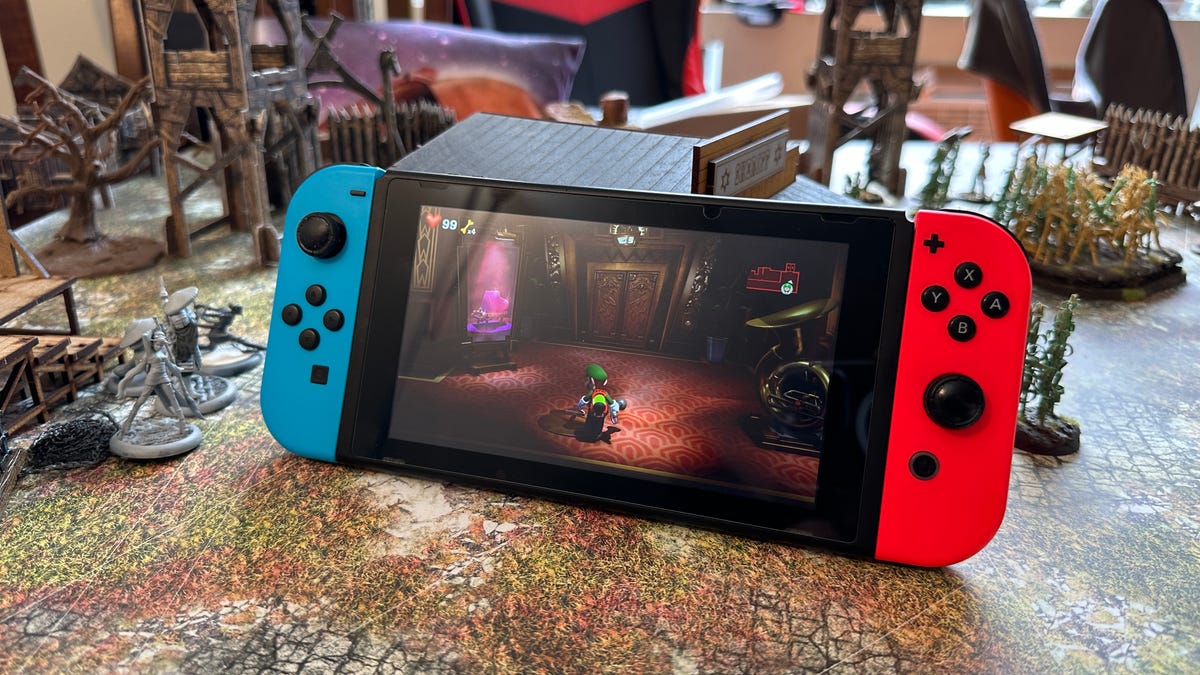SWIFT Explores Complex CBDC Use Cases
SWIFT announced on March 25 that it has identified numerous potential applications for its central bank digital currency (CBDC) solution after a successful six-month trial period. Rather than creating its own CBDC, SWIFT developed an interconnecting solution for existing CBDCs, referred to as the SWIFT connector. The company emphasized the importance of the distributed ledger technology (DLT) and smart contract layer in maintaining accurate transaction records.
Platform Applications
SWIFT described the platform as having various uses in digital trade, securities, and foreign trade. It also hinted at the possibility of future expansions beyond CBDCs, such as bank-led tokenized deposit networks. Specific use cases highlighted by the company include trade payments, foreign exchange, delivery versus payment (DvP), and liquidity-saving mechanisms.
Technology Utilized
During the testing phase, SWIFT utilized multiple digital ledger technology (DLT) networks. Hyperledger Besu was employed for the tokenization platform, while R3 Corda and Hyperledger Fabric were utilized for buyer and seller networks and settlement instructions. The platform also incorporated atomic settlements and swaps, a blockchain-based approach to settlement that involves the immediate and simultaneous exchange of two assets. This process closely resembles the traditional financial network concept of delivery versus payment (DVP).
Smart contracts played a crucial role in the execution of payments, ensuring automatic fulfillment once preset conditions were met. All major use cases tested by SWIFT involved the integration of smart contracts within the system.
Largest CBDC Experiment to Date
SWIFT characterized its sandbox test as one of the largest CBDC experiments to date, involving 38 institutions over a six-month period. The test witnessed over 125 sandbox users conducting more than 750 transactions, with approximately 60 representatives from participating financial institutions engaging in 20 collaborative working group meetings to discuss various use cases and scenarios.
The company revealed its intention to develop a production roadmap for the SWIFT connector, with progress contingent on market developments and readiness. The service is poised to address the increasing global interest in CBDCs, a trend exemplified by countries such as China, the Bahamas, Jamaica, and Nigeria who have already implemented active CBDCs. Moreover, over 130 other countries and regions are currently exploring the potential of CBDCs, with recent advancements observed in Europe, the Philippines, and Spain.
Image/Photo credit: source url





